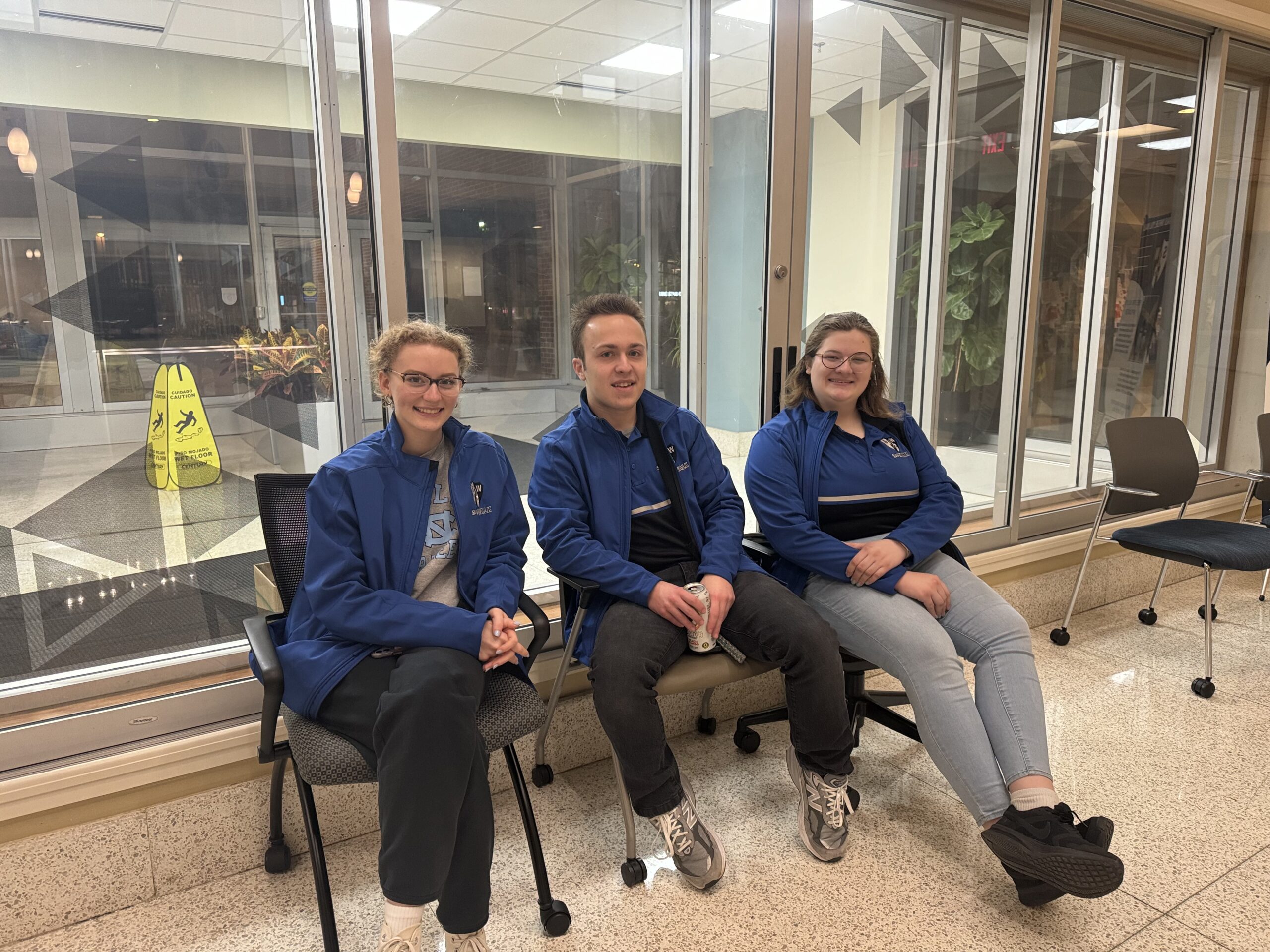Laurence Lovette, one of two men who murdered UNC Student Body President Eve Carson back in 2008, is trying once again to get the possibility of parole attached to his life sentence.
But Orange & Chatham County District Attorney Jim Woodall, the prosecutor in Lovette’s murder trial, doesn’t think Lovette’s chances are very good.
“I have very high hopes that the appellate courts are going to find that Laurence Lovette’s re-sentencing was done properly, and that he will remain in prison for the rest of his life without possibility of parole,” says Woodall.
Lovette was convicted in 2011 of first-degree murder, first-degree kidnapping, armed robbery and felony larceny for his role in Carson’s kidnapping and shooting death on March 5, 2008.
He and his convicted accomplice Demario Atwater are both serving life in prison without possibility of parole for crimes in connection with Carson’s death.
But Lovette’s lawyer is pushing for him to be re-sentenced, based on the fact that he was 17 at the time of Carson’s murder. As reported in the Daily Tar Heel on Wednesday, Lovette’s attorney Keat Wiles argued his client’s case in the NC Court of Appeals on Feb. 6.
Lovette’s defense is pointing to a 2012 U.S. Supreme Court ruling that life in prison without possibility of parole for someone younger than 18 when the crime was committed is cruel and unusual punishment.
Wiles argued that Lovette was denied due process because he was unable to take advantage of new sentencing guidelines that were in the works while his trial was ongoing. He’s asking for the possibility of parole after 25 years.
But Lovette did get a re-sentencing hearing last year, and Superior Court Judge Allen Barbour handed down the same punishment.
“And so in our case, at the re-sentencing, Laurence Lovette received another sentence of life without the possibility of parole, and I certainly hope that the North Carolina Courts find that the new legislation is constitutional, and that that is the ultimate punishment he receives,” says Woodall.
Woodall says he’s sure that the judge’s decision in Lovette’s June 2013 re-sentencing hearing was in compliance with the language of the U.S. Supreme Court’s decision, as well as sentencing legislation regarding minors, passed by the North Carolina General Assembly in 2012 and signed by then-Gov. Bev Perdue.
“The Supreme Court decision was based on two separate cases involving younger defendants,” says Woodall. “The essence of the Supreme Court decision is that someone who was less than 18 years old at the time the crime was committed can’t automatically receive a life sentence upon conviction – that a judge or a court must have the option, and must consider mitigating circumstances.”
Now it’s up to the North Carolina Court of Appeals to decide whether the essence of the Supreme Court’s decision was understood correctly in Lovette’s case. Woodall guesses that decision could take several months.






Comments on Chapelboro are moderated according to our Community Guidelines